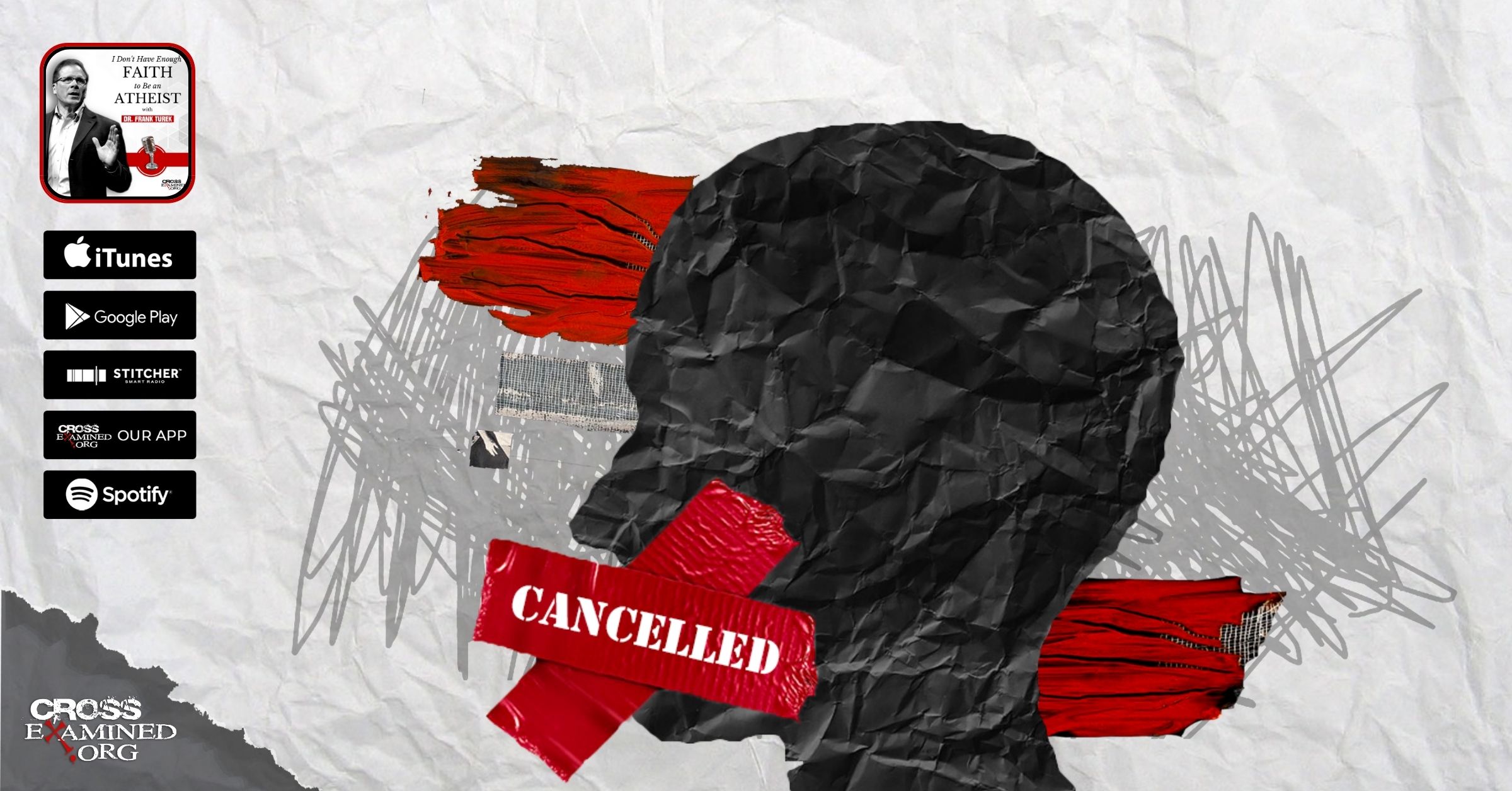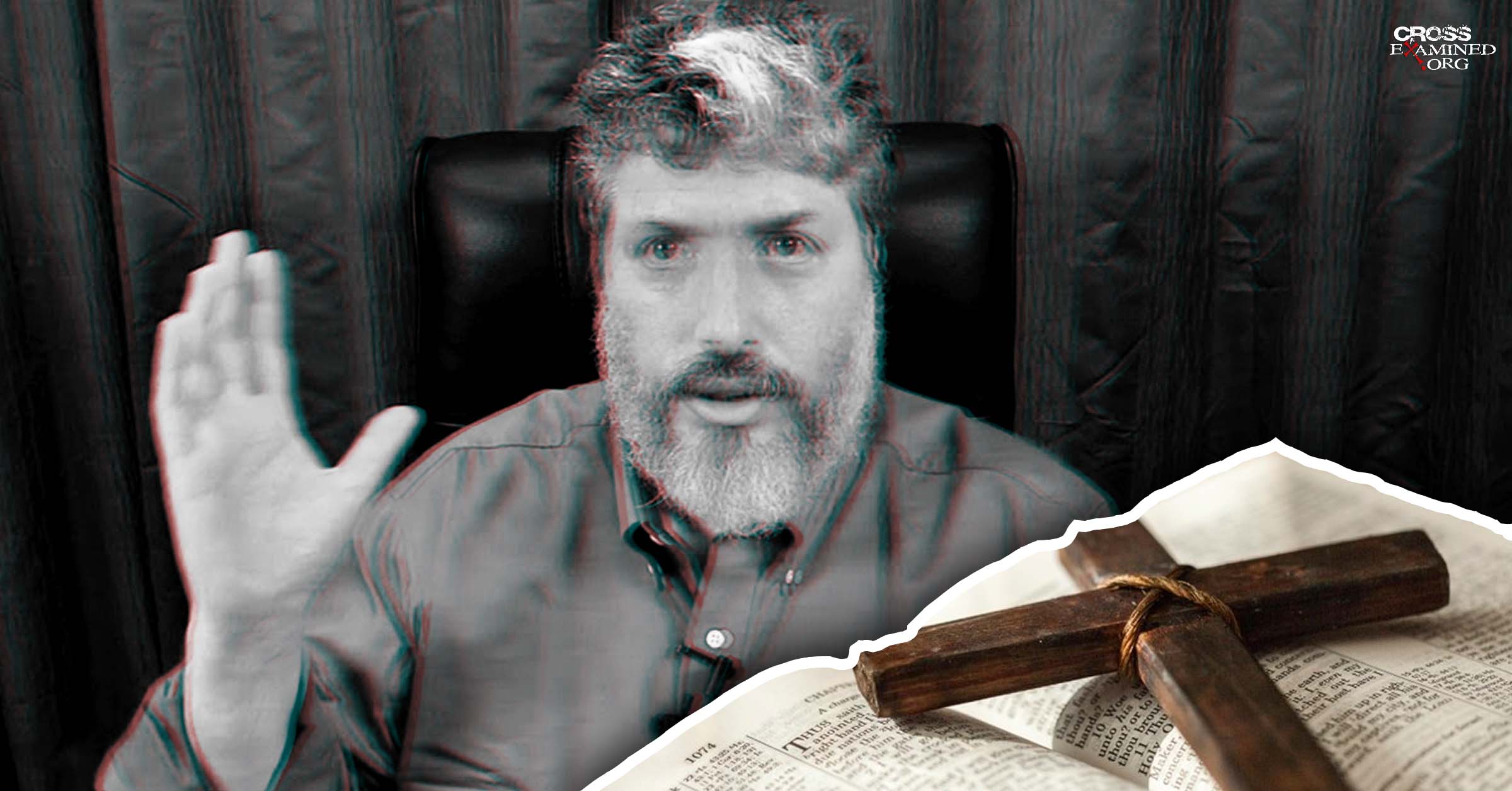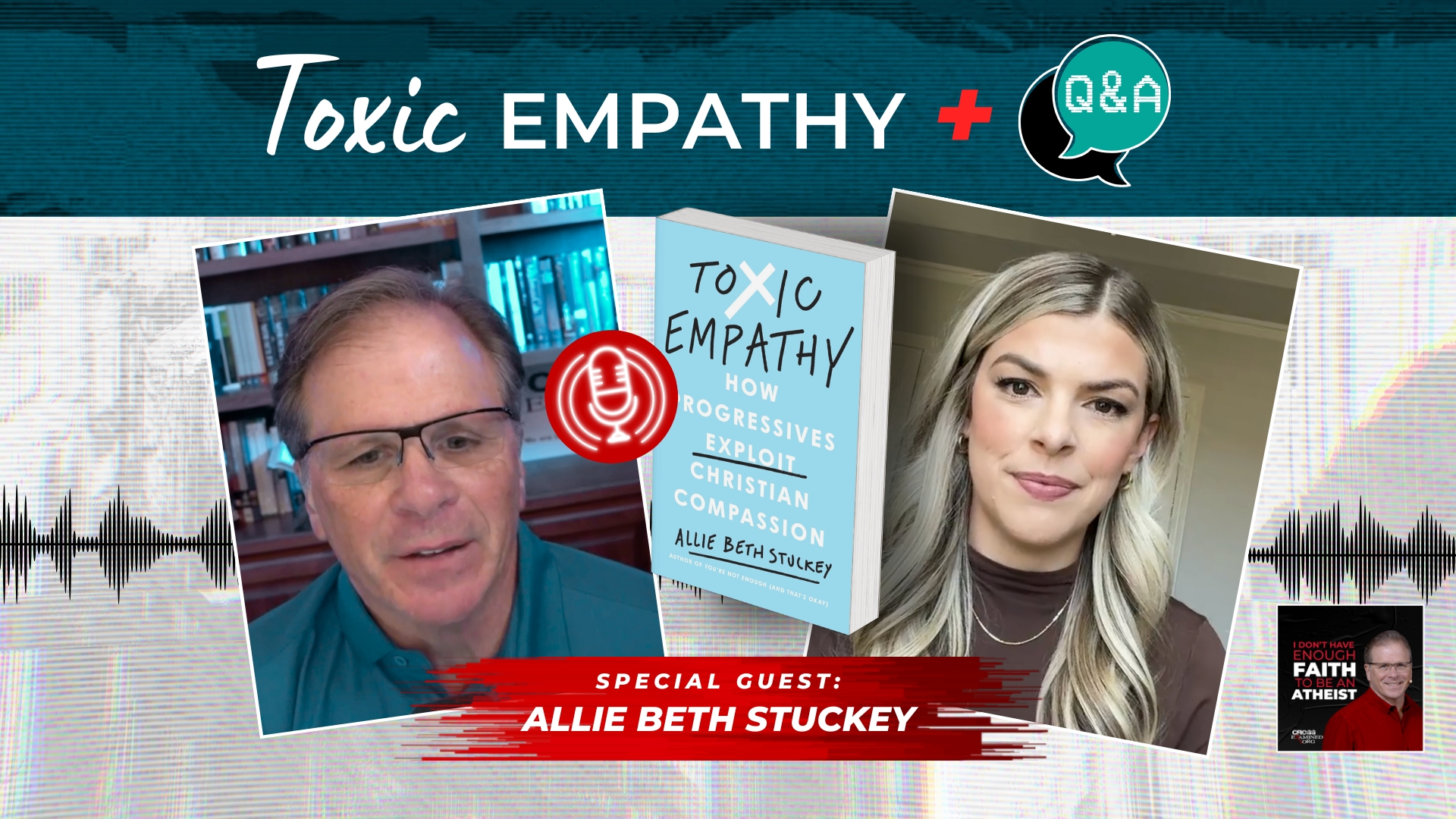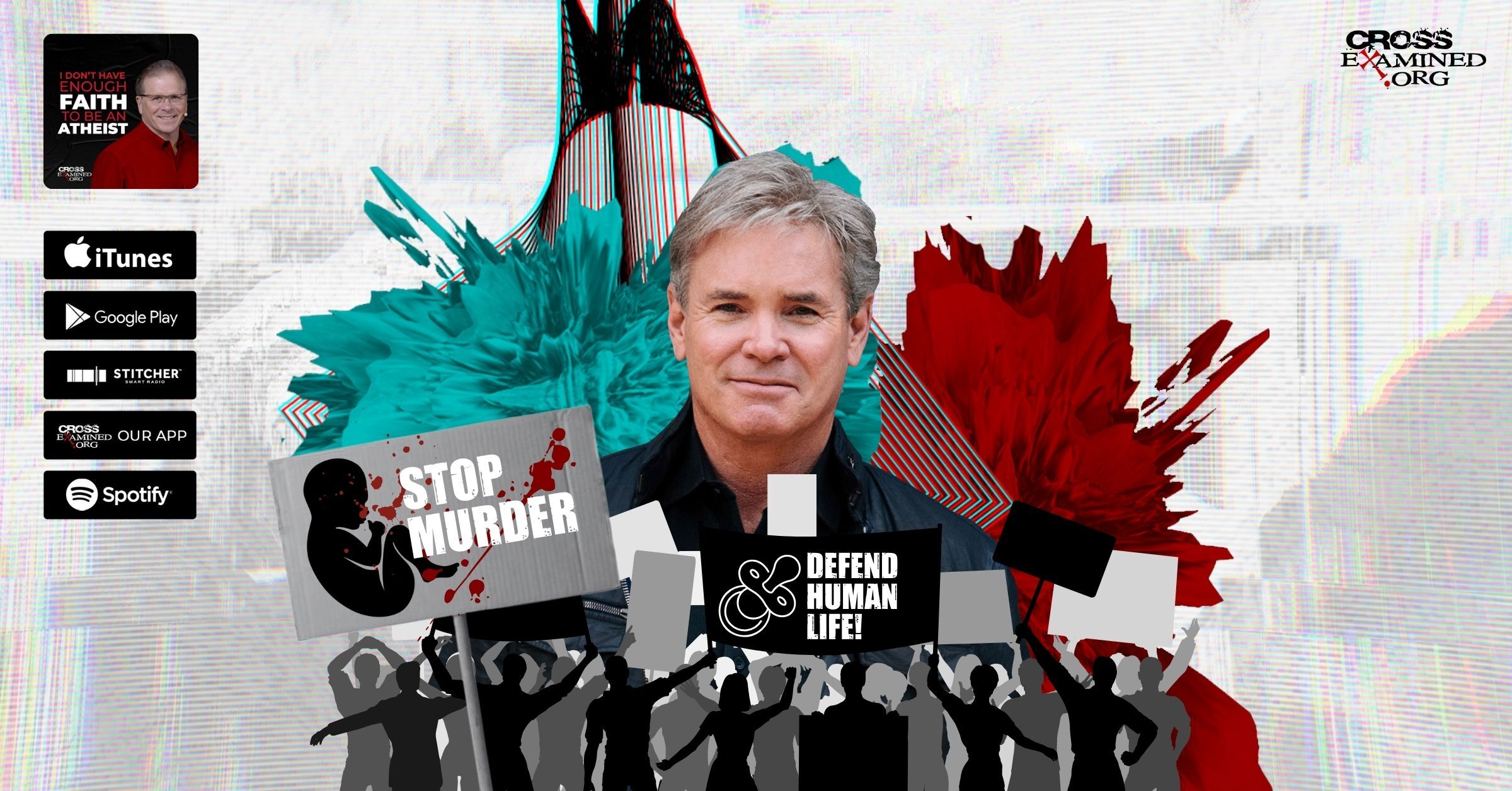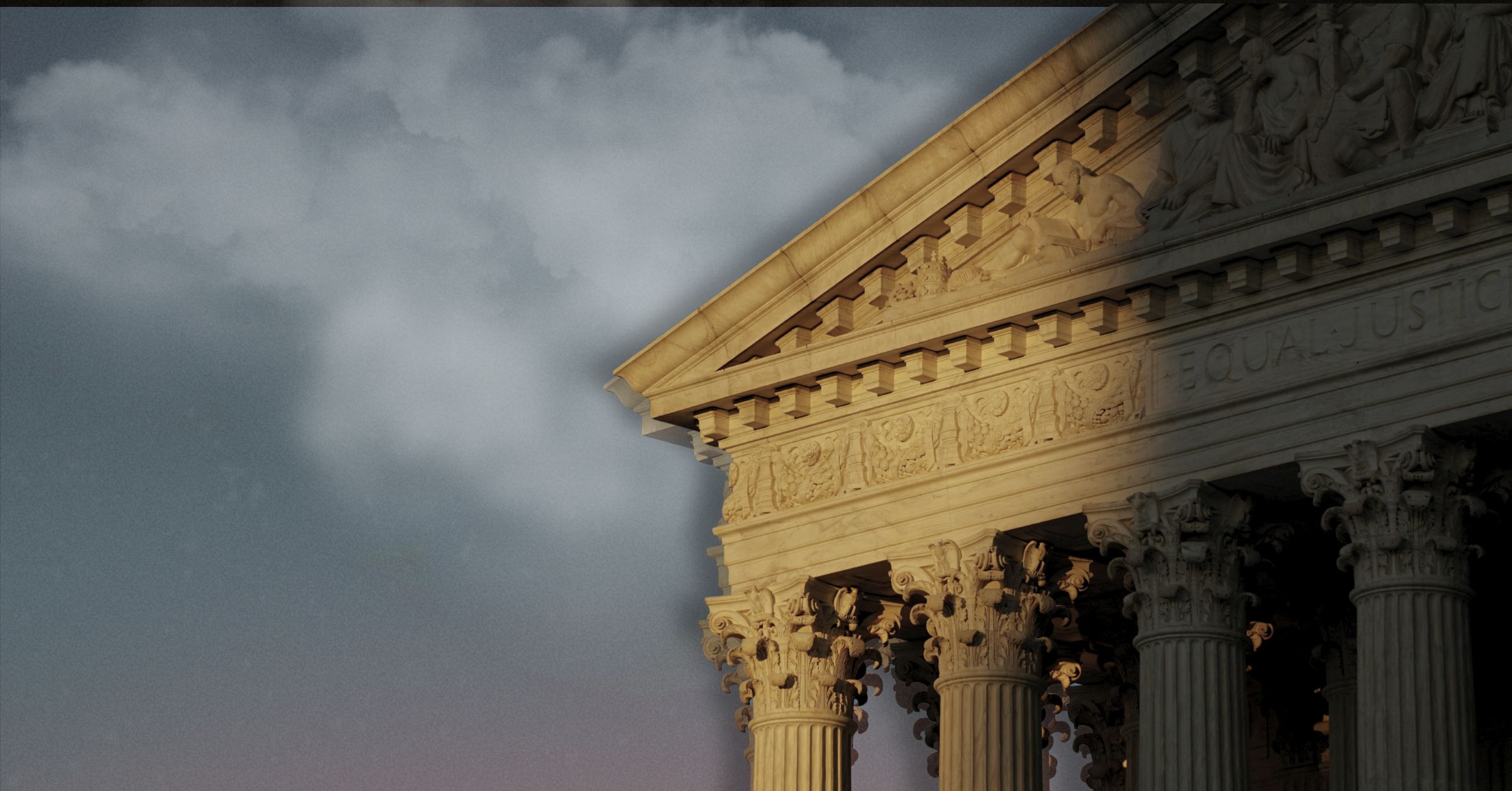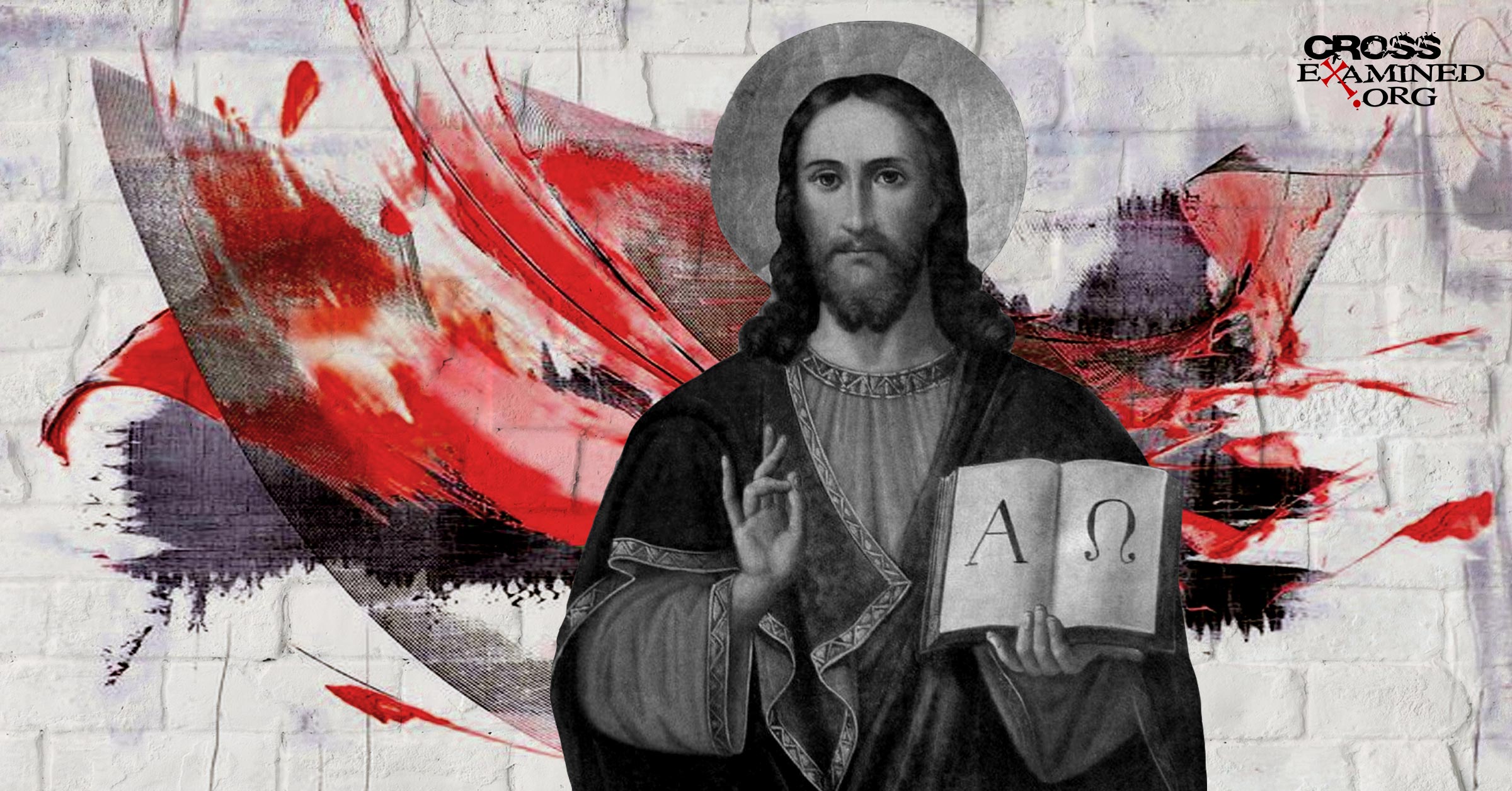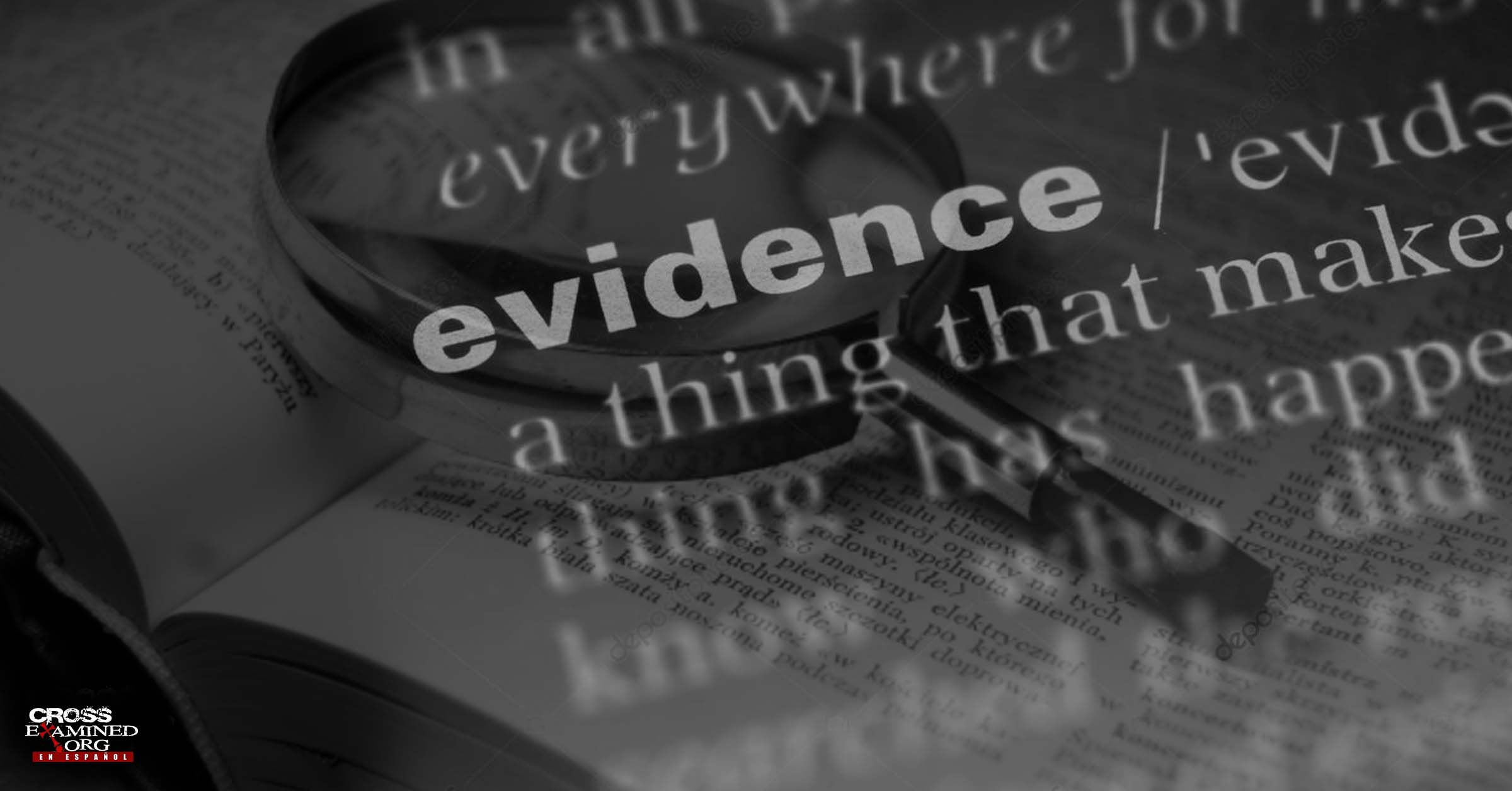God and Evil
Evil, or some derivation of it, is one of the more popular reasons people cite when they walk away from believing in God or choose not to believe in Him in the first place. The most popular atheists who have most recently driven the conversation on why one should not believe in God talk about the existence of evil in the world as a reason no god, and certainly no good god, could possibly exist.
The argument essentially says that: first – bad things happen, second – a good god would not allow bad things to happen, and third – therefore there must be no god at all. But how do these philosophers identify what evil is? What is their objective source to label evil, evil?
I would ask you to consider one simple idea that may change the way you see evil; You can’t know what is evil unless you first know what is good. In other words, there can’t be wrong without right. This is common sense, but it must be pointed out to bring the thought all the way to its conclusion.
Rust is a bad thing when it develops on your vehicle. If you were to see a spot of rust on your car, you would not be excited. Rust is corruption of what was originally made to serve a good purpose. Without perfections, there can be no imperfections. Without good, there can be no evil.
In atheism, there can be no objective evil or objective good. There is, at most, what can be thought of as an agreement among the majority of current humans that certain behaviors like murder, theft and adultery are bad because they somehow lower our odds of survival. Ultimately, these standards can change with time, and we certainly see that taking place on a regular basis in the 21st century.
The biblical story, on the other hand, says that “good” is how the world was originally ordered by a perfect God to be, and it was corrupted by evil that sought to go against the order that God established. That doesn’t apply just to morality (murder, theft, etc.) in the Bible. It indicates that all creation was affected by this “fall”. The physical world has fallen into disrepair and death in all the forms of natural evil that we see today (natural disasters, diseases, etc.).
The narrative of the Old and New Testaments is the story of a perfectly ordered creation falling into decay and death as a result of the choice by the first humans to defy God. In order to save the broken from their brokenness and be reconciled to Himself, God sent His Son to die for the sins of all mankind because only God Himself could bring things back into the order that He had set in place at the beginning.
One of my pastors used to use the popular Southern Illinois phrase, “you can’t get there from here” when examining bad ideas. The idea that evil disproves God is turned on its head when one thinks the thought to its conclusion. Like you can’t have shadows without light, you can’t have objective evil without objective good. The best explanation available for a source for objective good is described in the Old and New Testaments of the Bible; God is Good!
Recommended resources related to the topic:
If God, Why Evil? (DVD Set), (MP3 Set), and (mp4 Download Set) by Frank Turek
Why Doesn’t God Intervene More? (DVD Set), (MP3 Set), and (mp4 Download Set) by Frank Turek
Why does God allow Bad Things to Happen to Good People? (DVD) and (mp4 Download) by Frank Turek
__________________________________________________________________________________________________________________________________________________
Tony Williams is currently serving in his 20th year as a police officer in a city in Southern Illinois. He has been studying apologetics in his spare time for two decades, since a crisis of faith led him to the discovery of vast and ever-increasing evidence for his faith. Tony received a bachelor’s degree in University Studies from Southern Illinois University in 2019. His career in law enforcement has provided valuable insight into the concepts of truth, evidence, confession, testimony, cultural competency, morality, and most of all, the compelling need for Christ in the lives of the lost. Tony plans to pursue postgraduate studies in apologetics in the near future to sharpen his understanding of the various facets of the field of study.
Original Blog Source: https://bit.ly/3GISt18


